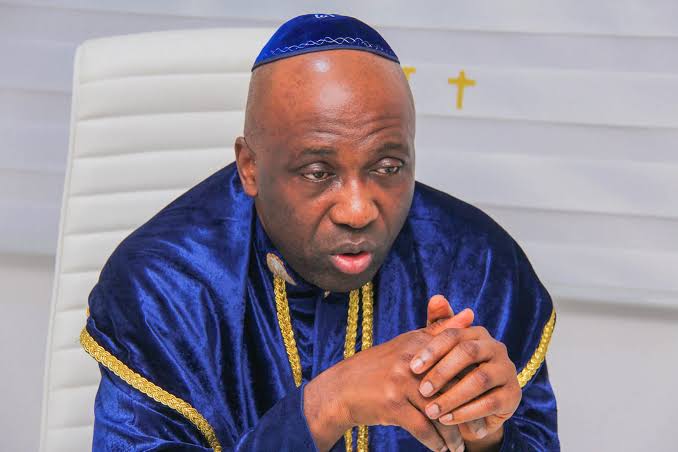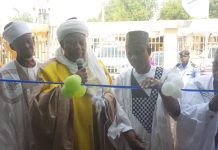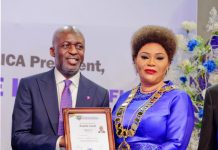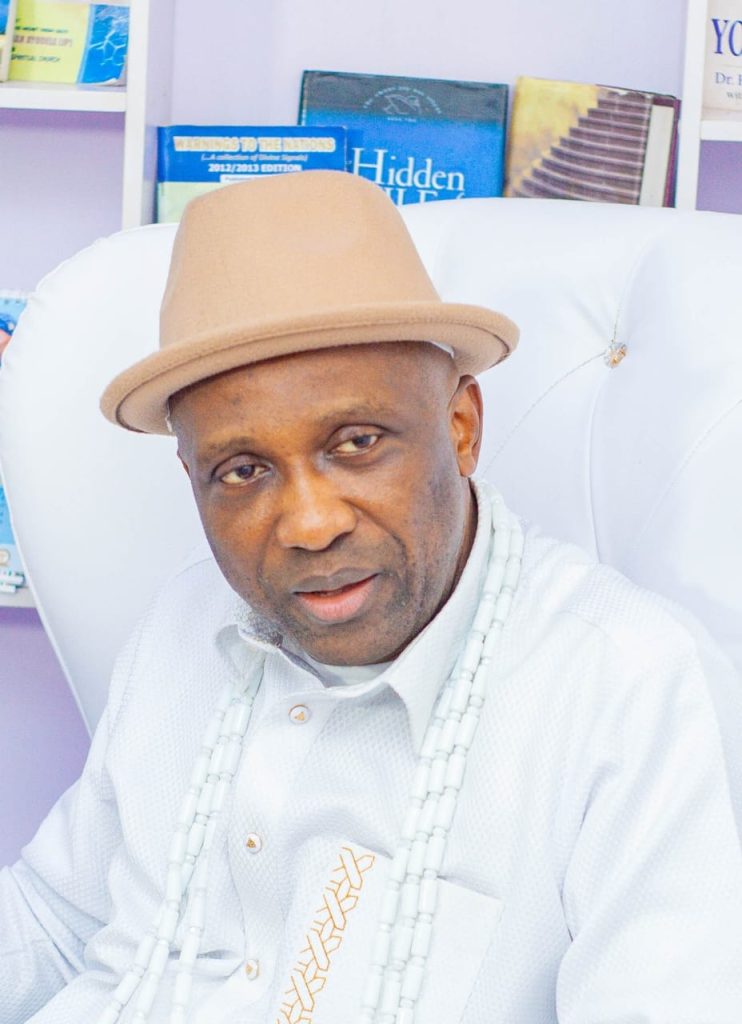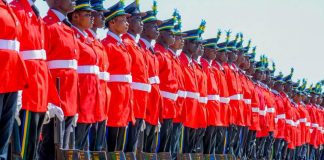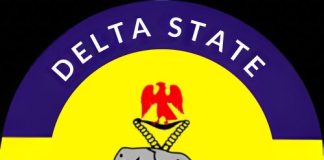By Femi Oyewale
When Primate Babatunde Elijah Ayodele steps onto the pulpit of INRI Evangelical Spiritual Church each week he does more than preach: he convenes a national conversation. For decades, the clergy has issued blunt, often headline-grabbing prophecies about presidents, markets and disasters — pronouncements that are dutifully copied, debated and digested across Nigerian newsrooms, social media and political corridors.
Primate Ayodele is best known for two things: the regular release of New Year and seasonal “warnings to the nation,” and a large, loyal following that amplifies those warnings into national discourse. He publishes annual prophecy booklets, holds prayer mountain conventions where journalists are invited, and maintains active social media channels that spread his messages quickly beyond his church gates. In July 2025 he launched a compendium of his prophecies titled Warnings to the Nations, an event that was covered by national outlets and which Ayodele used to restate concerns about security, governance and international affairs.
Ayodele’s prophecies have touched on lightning-rod topics: election outcomes, the health or fate of public figures, infrastructure failures and international crises. Nigerian and regional press have repeatedly published lists of his “fulfilled” predictions — from political upsets to tragic accidents — and his followers point to these as proof of his accuracy. Media roundups in recent years credited him with dozens of prophecies he argued had been realised in 2023 and 2024, and his annual prophetic rollouts continue to attract wide attention.
Impact beyond prediction: politics, policy and public mood
The practical effect of Ayodele’s ministry is not limited to whether a prophecy comes to pass. In Nigeria’s politicised and religiously engaged public sphere, a prominent seer can:
• Move conversations in electoral seasons; politicians, commentators and voters listen when he names likely winners or warns about risks to candidates, and his claims sometimes become part of campaign narratives.
• Shape popular expectations — warnings about economic hardship, insecurity or public health influence how congregations and communities prepare and react.
• Exert soft pressure on leaders — high-profile admonitions directed at governors or ministers often prompt responses from the accused or their allies, creating a feedback loop between pulpit pronouncements and political actors.
Philanthropy and institution building
Ayodele’s public profile extends into philanthropy and church development. He runs INRI Evangelical Spiritual Church from Oke-Afa, Lagos, and his ministry periodically organises humanitarian outreach, scholarships and hospital visits — activities he frames as evidence that prophetic ministry must be accompanied by concrete acts of charity. Church events such as extended “17-day appreciation” outreaches and scholarship programmes have been widely reported and help cement his appeal among congregants who value spiritual counsel paired with material support.
What makes him unique
Several features set Ayodele apart from other public religious figures in Nigeria:
1. Productivity and documentation. He releases extensive, numbered lists of prophecies and compiles them into booklets — a tactic that makes his predictions easy to track (and for supporters to tally as “fulfilled”).
2. A blend of national and international focus. His pronouncements frequently move beyond parochial concerns to name international actors and events, which broadens his media footprint.
3. Media-savvy presentation. From staged press events to active social accounts, Ayodele understands how to turn a prophecy into a viral story that will be picked up by blogs, newspapers and TV.
The public verdict: faith, influence and skepticism
To millions of Nigerians — and to his core following — Primate Ayodele remains a pastor-prophet whose warnings must be taken seriously. To others, he is a media personality whose relevance depends as much on spectacle and circulatory power as on supernatural insight. What is indisputable is his role in magnifying the religious dimension of national life: when he speaks, politicians, congregations and newsrooms listen. That attention, in turn, helps determine which social and political questions become urgent in public debate.
Looking ahead
As Nigeria heads into another cycle of elections and economic challenge, Ayodele’s annual pronouncements will almost certainly return to the front pages. Whether they are read as sober warnings, political interventions, or performative theology, they will continue to shape conversations about destiny, leadership and the kinds of risks a deeply religious nation believes it must prepare for.



